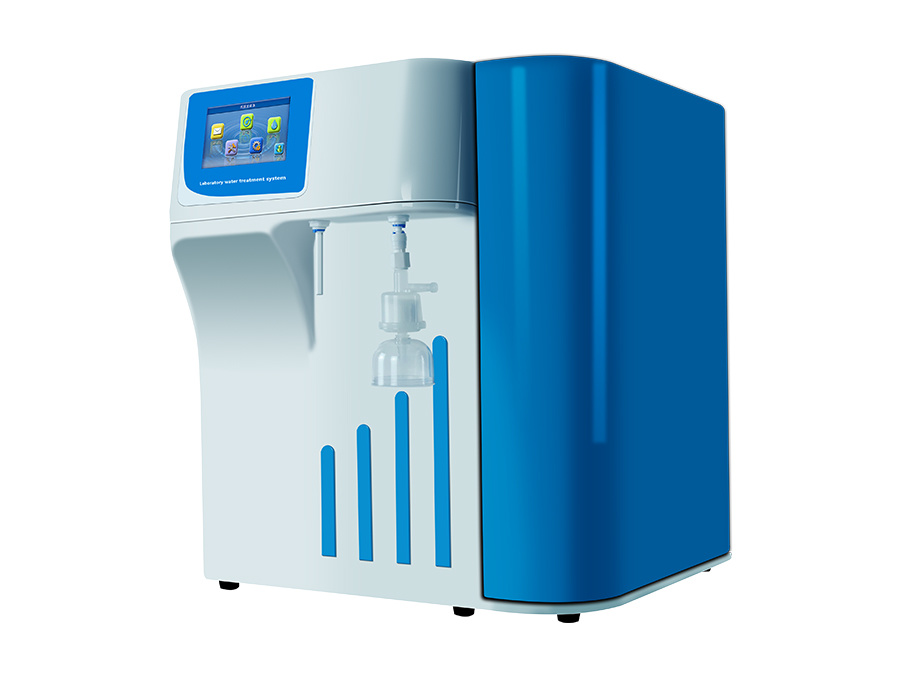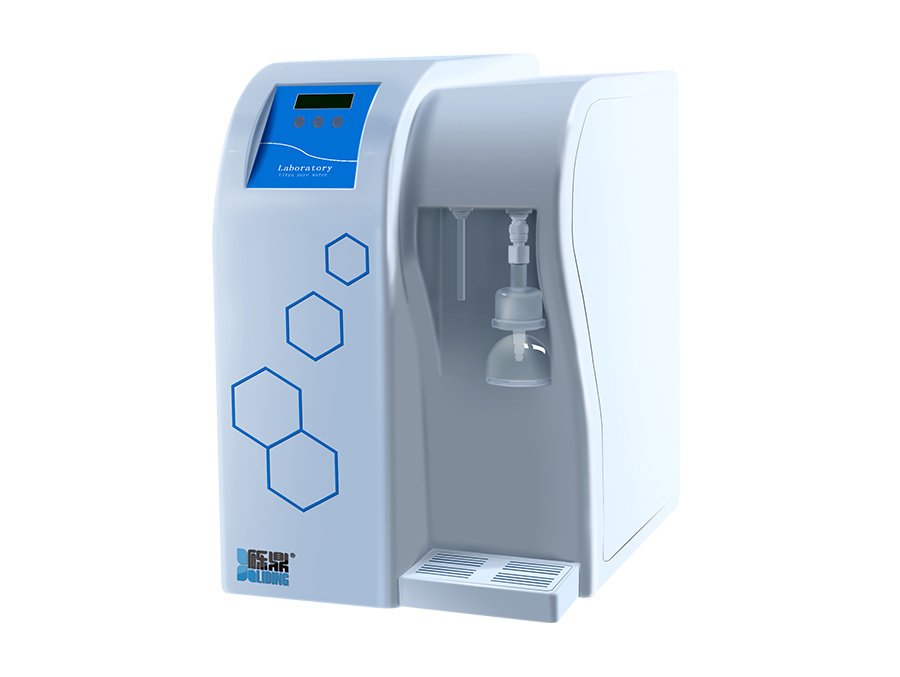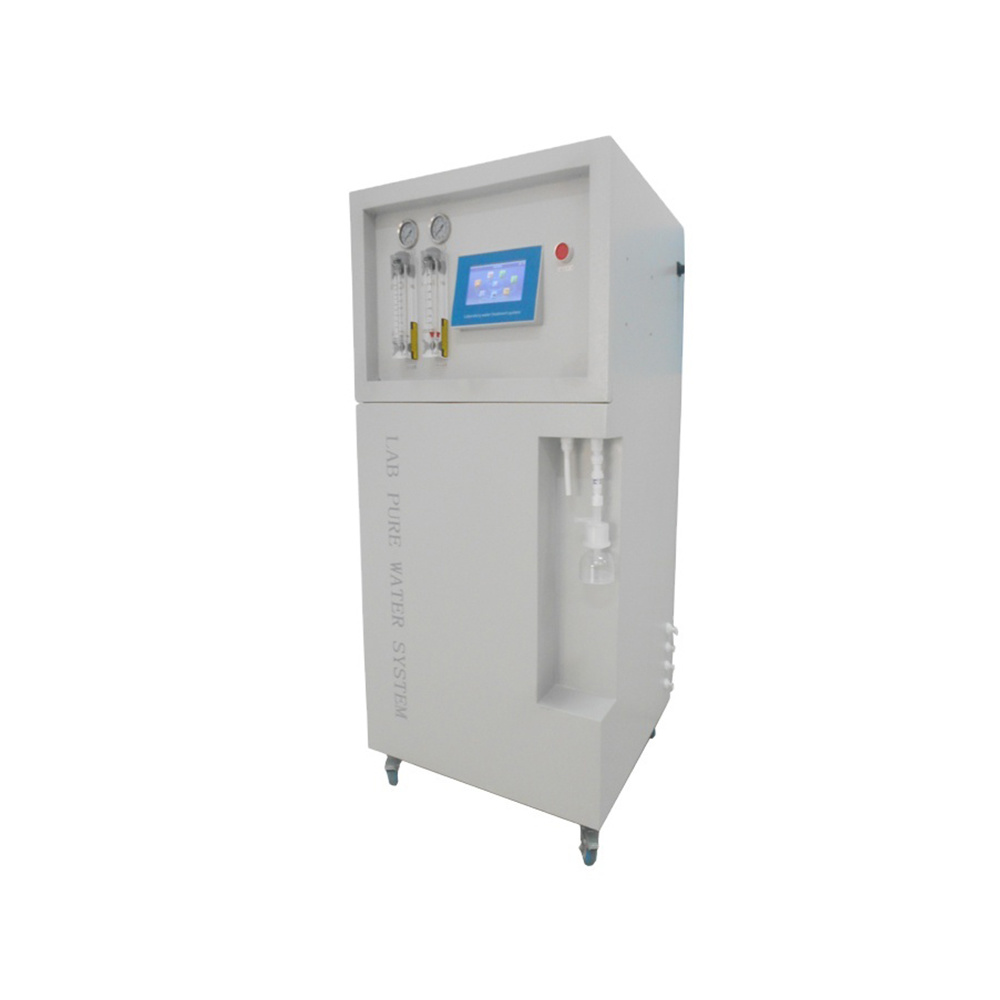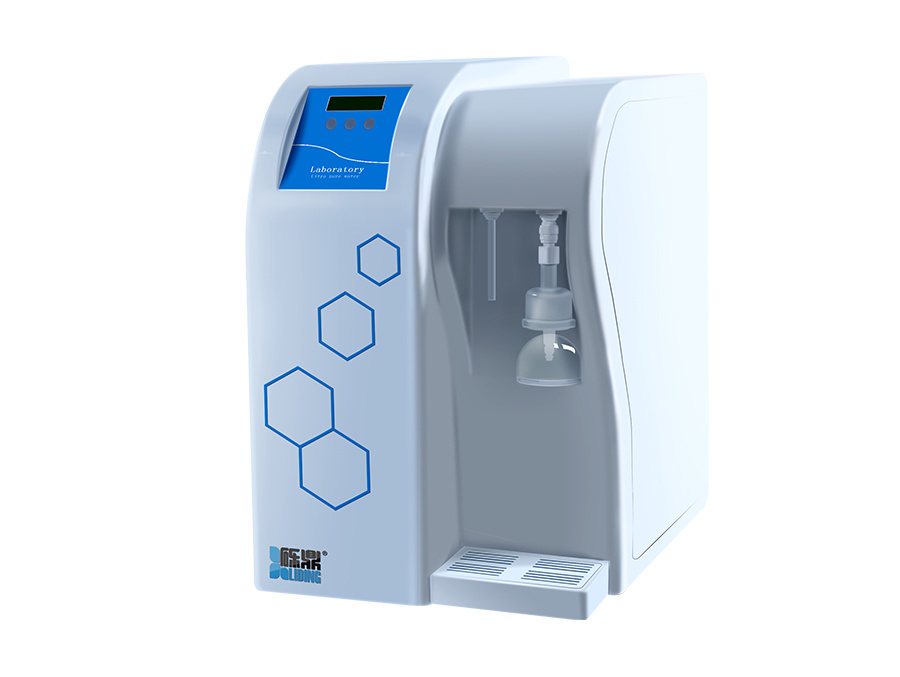Understanding Ultra Pure Water Purification Systems: The Key to Quality in Industrial Applications
Time:
Aug 09,2025
Ultra pure water purification systems are vital components in numerous industrial applications where water quality directly impacts product integrity and operational efficiency. These systems are designed to remove contaminants from water to achieve the highest levels of purity, ensuring that the water meets stringent industry standards. This article aims to provide an overview of ultra pure water purification systems, their operational mechanisms, and their importance in various sectors.
At the heart of an ultra pure water purification system is the advanced filtration and treatment process that typically involves multiple stages. These systems employ technologies such as reverse osmosis, deionization, and UV sterilization to eliminate impurities, including salts, organic compounds, and microorganisms. By effectively removing these contaminants, ultra pure water systems ensure that the resulting water is suitable for sensitive applications, such as semiconductor manufacturing, pharmaceuticals, and laboratory use.
One of the primary benefits of ultra pure water purification systems is their ability to produce water with conductivity levels as low as 0.055 microsiemens/cm. Such ultra-low conductivity is crucial in industries like electronics, where even minute impurities can disrupt manufacturing processes and lead to defective products. Additionally, in pharmaceutical applications, ultra pure water is essential for the formulation of drugs and in cleaning processes to maintain hygiene and compliance with regulatory standards.
Moreover, the efficiency of ultra pure water systems can significantly reduce operational costs in the long run. By utilizing advanced technologies, these systems minimize the need for chemical treatments and reduce wastewater generation, contributing to more sustainable practices in industrial operations. Businesses can also achieve improved equipment lifespan and reduced maintenance costs due to fewer scale and corrosion issues associated with high-quality water.
It is important to note that the initial investment in ultra pure water purification systems can be substantial. However, the long-term benefits, including increased productivity, reduced product defects, and compliance with industry regulations, often justify the costs. Companies looking to adopt these systems should consider their specific water quality requirements, the scale of operation, and integration with existing water treatment processes.
In conclusion, ultra pure water purification systems play a crucial role in ensuring that industries operate effectively and produce high-quality products. By understanding the technology behind these systems and their applications, businesses can make informed decisions to enhance their water treatment processes, leading to improved efficiency and sustainability. Emphasizing the importance of high-purity water in industrial applications will undoubtedly continue to shape the future of water treatment in various sectors.
At the heart of an ultra pure water purification system is the advanced filtration and treatment process that typically involves multiple stages. These systems employ technologies such as reverse osmosis, deionization, and UV sterilization to eliminate impurities, including salts, organic compounds, and microorganisms. By effectively removing these contaminants, ultra pure water systems ensure that the resulting water is suitable for sensitive applications, such as semiconductor manufacturing, pharmaceuticals, and laboratory use.
One of the primary benefits of ultra pure water purification systems is their ability to produce water with conductivity levels as low as 0.055 microsiemens/cm. Such ultra-low conductivity is crucial in industries like electronics, where even minute impurities can disrupt manufacturing processes and lead to defective products. Additionally, in pharmaceutical applications, ultra pure water is essential for the formulation of drugs and in cleaning processes to maintain hygiene and compliance with regulatory standards.
Moreover, the efficiency of ultra pure water systems can significantly reduce operational costs in the long run. By utilizing advanced technologies, these systems minimize the need for chemical treatments and reduce wastewater generation, contributing to more sustainable practices in industrial operations. Businesses can also achieve improved equipment lifespan and reduced maintenance costs due to fewer scale and corrosion issues associated with high-quality water.
It is important to note that the initial investment in ultra pure water purification systems can be substantial. However, the long-term benefits, including increased productivity, reduced product defects, and compliance with industry regulations, often justify the costs. Companies looking to adopt these systems should consider their specific water quality requirements, the scale of operation, and integration with existing water treatment processes.
In conclusion, ultra pure water purification systems play a crucial role in ensuring that industries operate effectively and produce high-quality products. By understanding the technology behind these systems and their applications, businesses can make informed decisions to enhance their water treatment processes, leading to improved efficiency and sustainability. Emphasizing the importance of high-purity water in industrial applications will undoubtedly continue to shape the future of water treatment in various sectors.
RELATED NEWS








